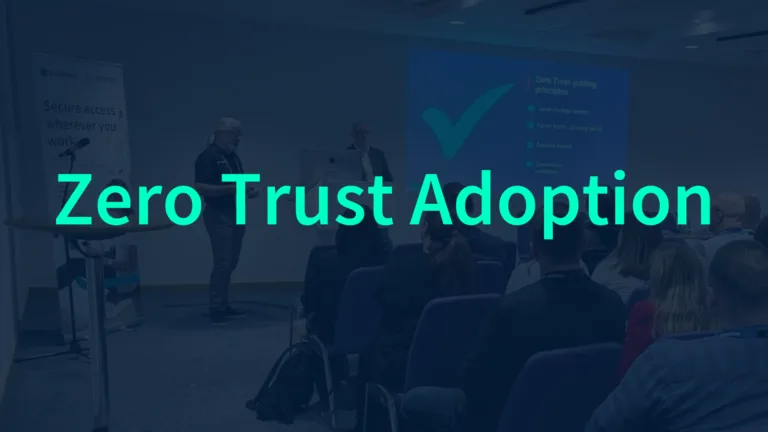FullProxy Reinforces SaaS credentials with F5 Distributed Cloud Web Application and API Protection.
Cybersecurity specialist becomes first F5 partner in EMEA to protect web assets with pioneering, cloud-native SaaS-based solution.
UK-based cybersecurity specialists FullProxy today announced they are protecting their web assets with F5 Distributed Cloud Web Application and API Protection (WAAP). They become the first F5 partner in EMEA to adopt the solution in addition to selling it.
F5 Distributed Cloud WAAP protects apps and APIs deployed across multi-cloud and edge sites. Key features include industry-leading, web application firewall (WAF) and bot protection, advanced API security, and L3-L7 DDoS defense.
“Many of our customers are already benefiting from F5 Distributed Cloud WAAP, so we wasted no time in using it ourselves. We are determined to become a living, breathing example of the power of this technology, and it is also a key step on our way to becoming a managed security service provider (MSSP),” said Ewan Ferguson, CEO, of FullProxy. “More than ever, it is vital to cut through the complexity of securing web apps while making things difficult for cybercriminals. This means investing in a security-focused infrastructure that can adapt, scale, and leverage machine learning and global threat intelligence.”
Nasser El Abdouli, VP for EMEA Channel Sales at F5, said:
“Many companies struggle to manage complex application portfolios that include legacy and modern technologies. The acceleration of multi-cloud adoption constantly expands the threat surface.
This means organisations are forced to deploy separate, and often inconsistent, security controls across different environments. F5 Distributed Cloud Services provides a simpler way to manage the complex challenge of traditional and modern application security. FullProxy quickly understood that and, in particular, the value of F5 Distributed Cloud Web Application and API Protection (WAAP). Having them not only offer this solution to customers but also use it to secure their own business is a noteworthy accomplishment and a powerful showcase for F5’s security capabilities.”
Schedule a demo for Distributed Cloud here.
FullProxy’s new solution leverages the F5 Distributed Cloud Services platform, which supports a wide variety of use cases for modern enterprises to connect and secure distributed applications across public, private cloud and edge infrastructures.
F5 Distributed Cloud WAAP is delivered across a global network of data centres, providing cloud-native application and API protection services on a broad scale that includes:
- Web Application Firewall (WAF): Protects web-based applications from a myriad of threats by acting as an intermediate proxy and inspecting application requests and responses to block and mitigate a broad spectrum of risks, including hacking and zero-day exploits.
- API Protection: Safeguards APIs from threat actors that attempt to exploit them to facilitate a breach or other service outage. Easily discover APIs that have been deployed, and monitor for anomalous signals or potential leakage of personally identifiable information (PII).
- Bot Defense: Manages and deflects malicious automation and brokers legitimate machine-to-machine communication to defend against business logic risks, such as web fraud, intellectual property theft, credential stuffing and account takeover, industrial espionage, denial of service, and more.
- DDoS Protection: Provides network-level shielding against volumetric denial-of-service attacks by filtering spoofed and malformed traffic, request floods, and other forms of abuse that attempt to overload your services and take them offline or disrupt them in a way that would result in a loss of customer confidence and access to services.











